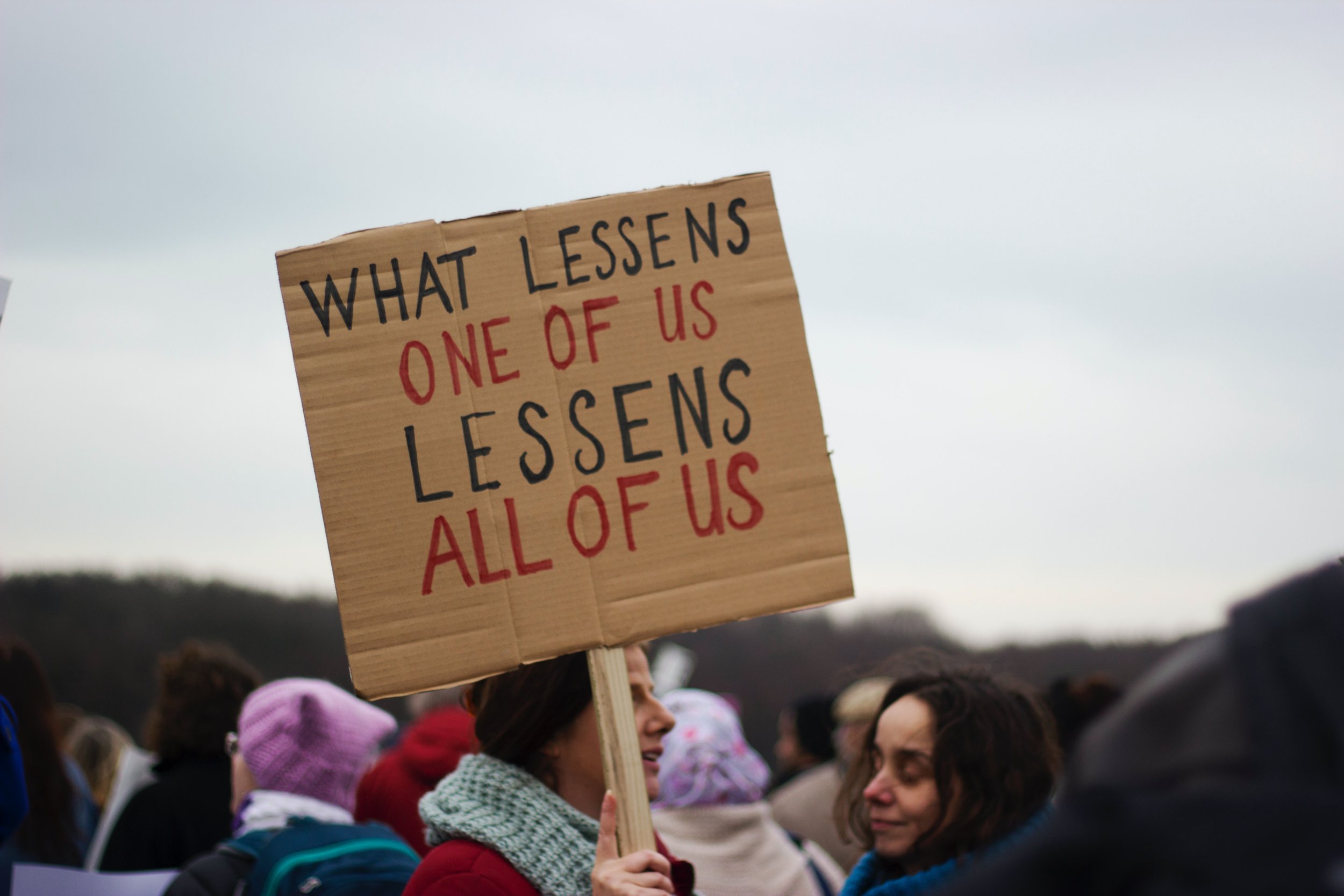Anniversary of Dobbs v. Jackson – Womens’ Loss of Reproductive Healthcare – From Crisis to Action: Innovative Strategies for Ensuring Access to Healthcare
This week marks the one-year anniversary of the Supreme Court's decision in Dobbs v. Jackson Women's Health Organization, which overturned Roe v. Wade and Planned Parenthood v. Casey. The decision has had a devastating impact on women's health in the U.S. Cecile Richards, a national leader for women’s rights and social and economic justice and former President of Planned Parenthood Federation of America and Planned Parenthood Action Fund for 12 years, reflects on the decision, its impact, and an urgent path forward.
The ERA: A New Foundation for Equality in the United States
In 21st century America, the battle for gender equality persists. In nearly a century after it was first proposed in Congress, the Equal Rights Amendment’s (ERA) simple guarantee that “Equality of rights under the law shall not be denied or abridged by the United States or by any State on account of sex” still is not codified in the US Constitution. At a time when women’s rights are under assault, passing the ERA is more urgent than ever. Enshrining the ERA in the constitution may well depend on the composition of the next Congress and the urgency of support by the American people.
The Preemption Prescription: Combatting Health Disparities Caused by State Pharmaceutical Restrictions
More and more, the provision of healthcare is crossing state lines. Allison Whelan argues that a fractured state-by-state approach to healthcare regulation exacerbates disparities among various populations. As a partial solution, she discusses whether Congress should amend the Food, Drug, and Cosmetic Act to pre-empt state pharmaceutical bans and restrictions.
An Inclusive Approach to LGBTQ+ Abortion Rights
HUMAN RIGHTS CRISES AND MOVEMENTS AROUND THE WORLD SERIES:
The rights of transgender and nonbinary persons are under siege in the United States, including the right to abortion. Allison Whelan advocates for why we need an inclusive approach to reproductive justice that acknowledges the unique burdens that antiabortion laws impose on transgender and nonbinary persons, as well as other historically marginalized communities.




